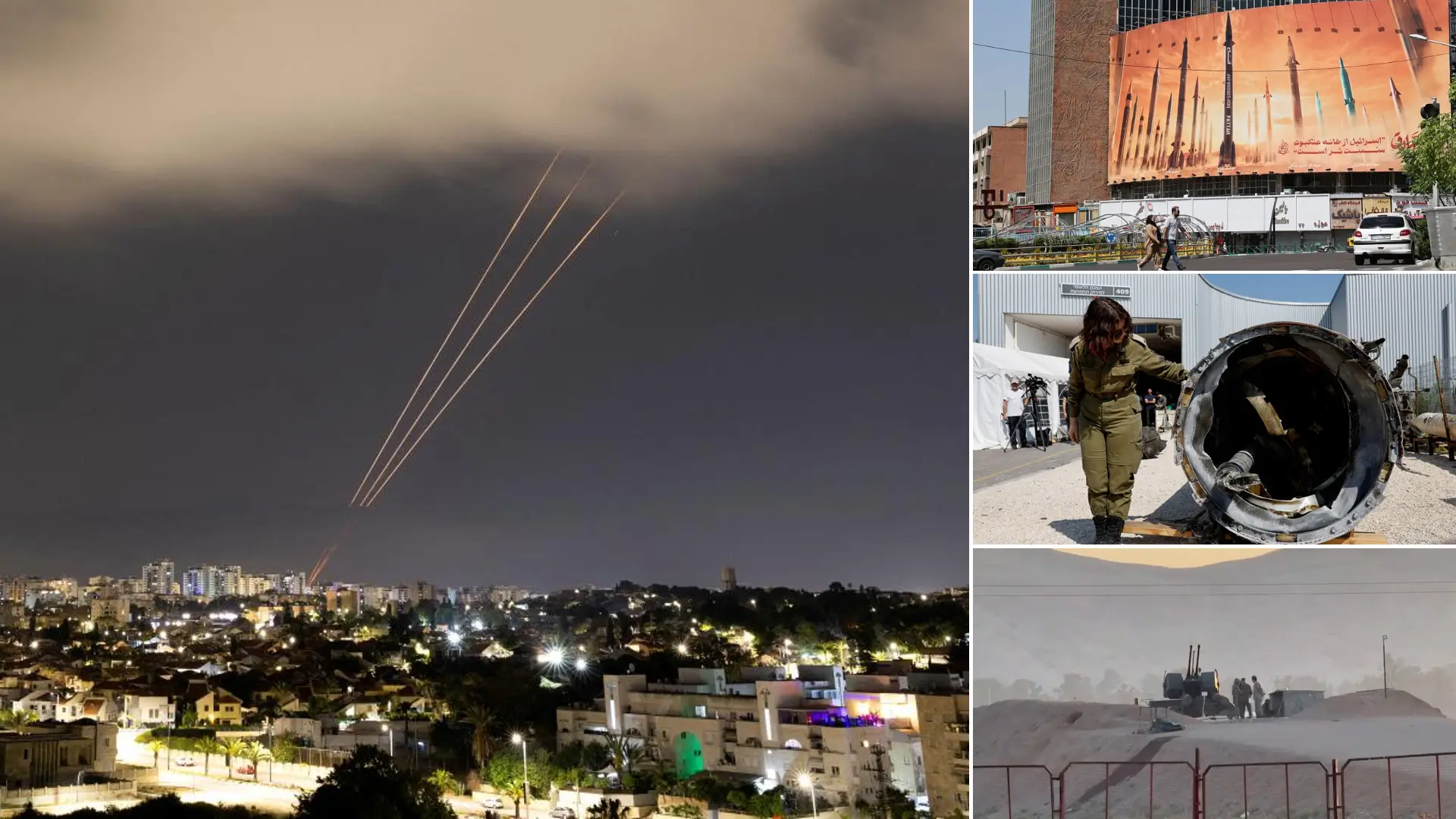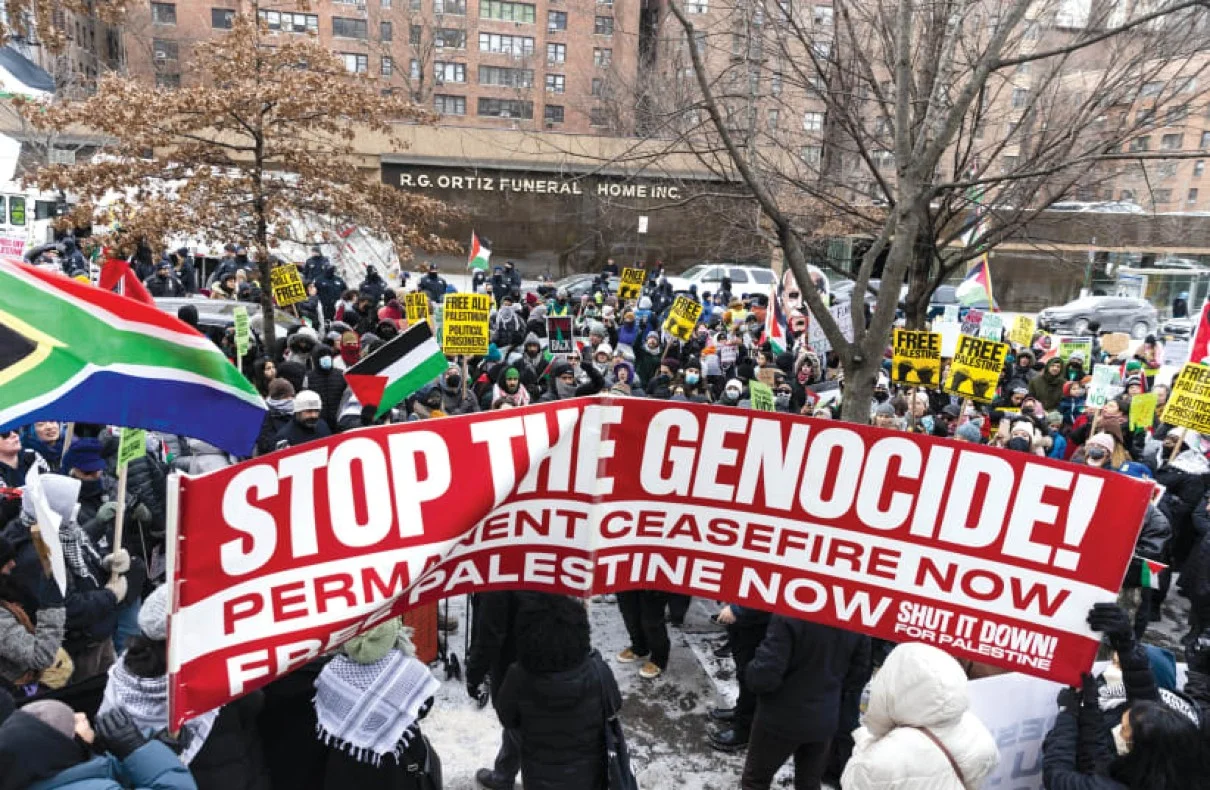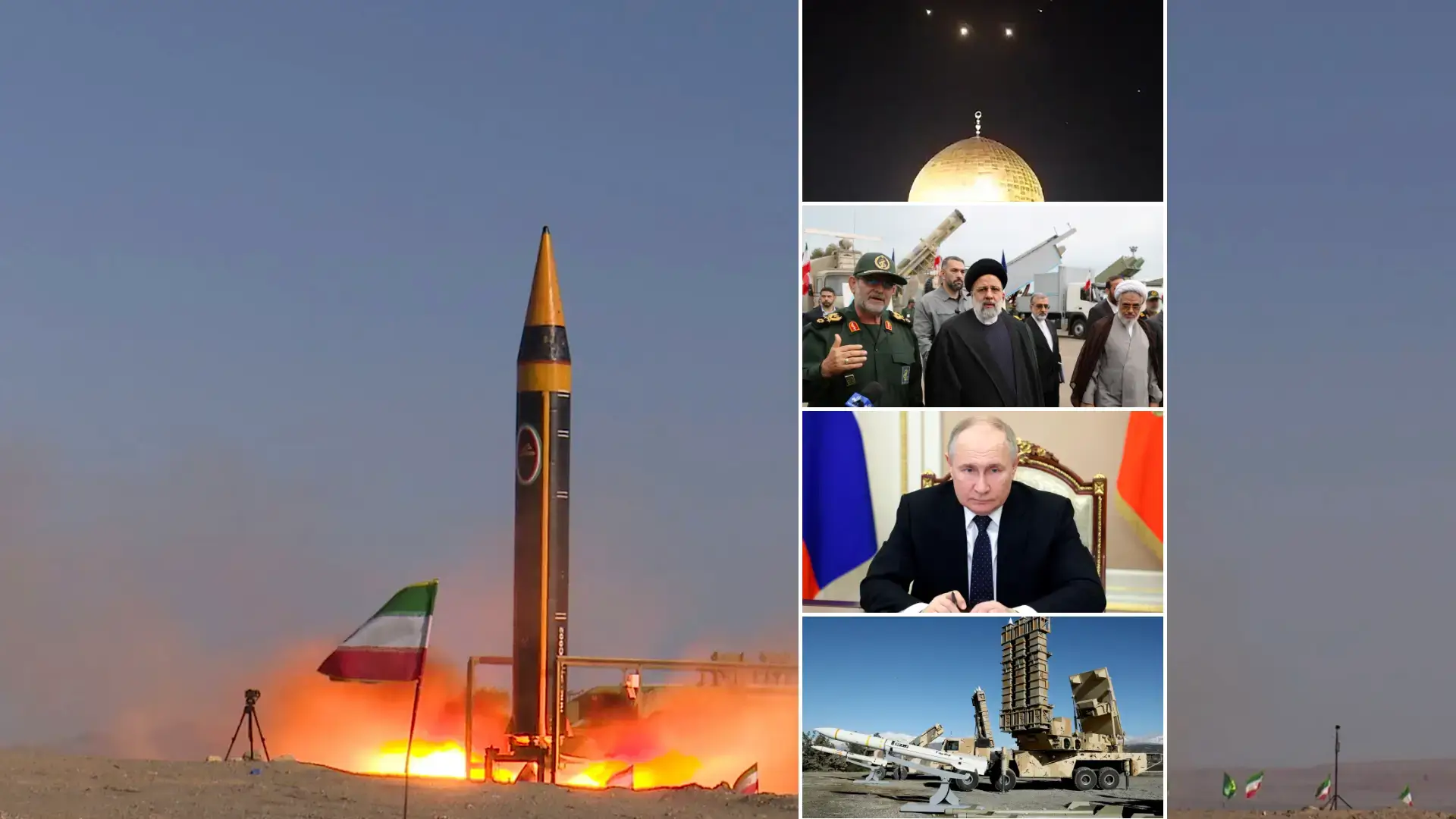On a recent Friday, an Iranian city experienced a series of explosions in what sources claim was an Israeli initiated assault. However, the Iranian authorities have downplayed the incident and indicated that they do not plan to retaliate. This restrained response seems to be a strategic move to prevent a regional war.
The attack was limited in scale, and Iran’s subdued reaction seems to signal a successful diplomatic effort. Diplomats have been working tirelessly to avoid full-scale war following an Iranian drone and missile strike on Israel the previous Saturday.
Iranian press and officials reported a small number of explosions. They attributed these to Iran’s air defense systems intercepting three drones over the city of Isfahan. Interestingly, they referred to the incident as an infiltration by unidentified parties, rather than a direct attack by Israel, thereby alleviating the need for retaliation.
An Iranian official, speaking to Reuters, confirmed that there were no plans to retaliate against Israel for the incident.
“The foreign source of the incident has not been confirmed. We have not received any external attack, and the discussion leans more towards infiltration than attack,” the official said.
Israel maintained silence about the incident. For days, it had indicated plans to retaliate against Iran for Saturday’s strikes. These strikes marked the first direct attack on Israel by Iran, a significant departure from the decades-long shadow war waged through proxies, escalating throughout the Middle East over a six-month period of conflict in Gaza.
The two adversaries have been moving towards direct confrontation since an alleged Israeli airstrike on April 1. This strike reportedly destroyed a building in Iran’s embassy compound in Damascus and resulted in the death of several Iranian officers, including a high-ranking general.
Iran’s direct attack on Israel, in response, was unprecedented but caused no fatalities and only minor damage. This was due to Israel and its allies successfully intercepting hundreds of missiles and drones.
Allies, including the United States, have been actively working to ensure that any further retaliation would not trigger a spiral of hostilities.
British and German foreign ministers visited Jerusalem that week, and Western countries increased sanctions on Iran to placate Israel.
Countries around the globe called for both sides to avoid further escalation.
“It is absolutely necessary that the region remains stable and that all sides restrain from further action,” EU Commission head Ursula von der Leyen said.
Similar sentiments were echoed by Beijing and Arab states in the region.
Global shares eased, oil prices surged, and US bond yields fell as traders worried about the potential risks.
Iranian news outlets did not mention Israel in their reports on Friday’s incident. Analysts and pundits appeared dismissive of the scale of the incident.
An analyst on state TV suggested that mini drones flown by “infiltrators from within Iran” had been intercepted by air defense systems in Isfahan.
Iranian President Ebrahim Raisi had previously warned Israel that Tehran would deliver a “severe response” to any attack on its territory.
Iran appealed to the United Nations Security Council, asserting that Israel “must be compelled to stop any further military adventurism against our interests.” The UN secretary-general cautioned that the Middle East was in a “moment of maximum peril.”




